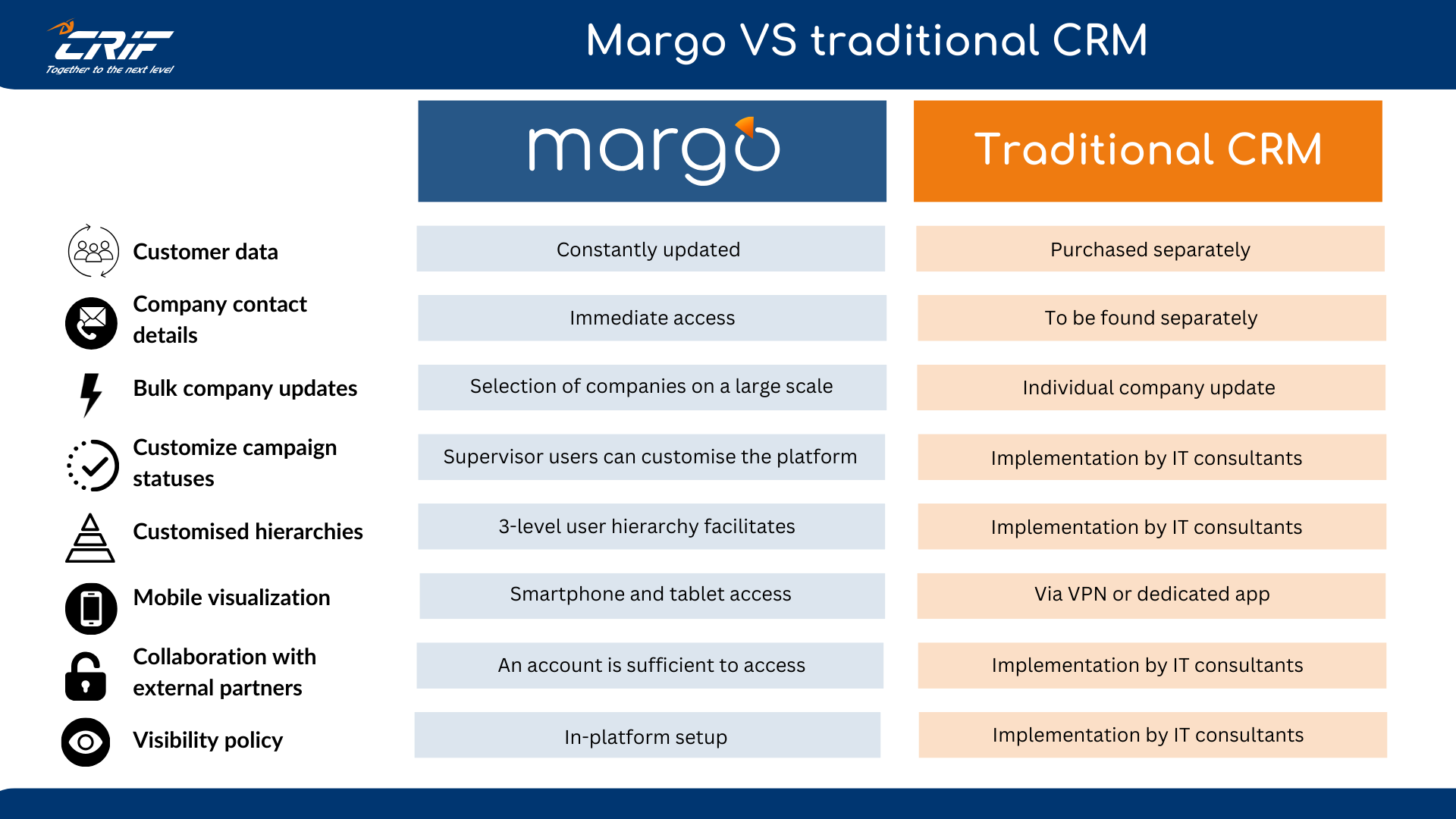.png)
New sales challenges ahead
With new technologies and changes in the world, it's critical for B2B companies to stay focused on their goals and trends to stay competitive.
As the Six and Flow showed in the State of B2B Sales report of 2023, the selling is getting complicated (-32% average sales value and + 33% sales cycle length). More time is dedicated (+72%) to actions not directly involved in the sales process and there are more than 32% stakeholders in the decision-making process. Only 29% of the sales target can be reached.
This means that the sales cycle is more complex because there is less time available for sales activities and to the consequences the value of sale getting lower. As deals become harder to close, there is a growing to optimize sales processes to improve profitability and effectively manage prospects and customers.
You should expect the new systems to help, but it's not always the case. The data in the Six and Flow report explains that the 30% of managers who find it difficult to manage the sales network and the 46% of salespeople who believe that data inaccuracy is the biggest challenge to tracking.
Customer data is scattered across multiple information systems, the data is often inaccurate and there's no standardized approach to managing customer contact information.
A simple and effective solution: the CRM
According to the Eurostat’s study Digital economy and society statistics - Enterprises 77,8% of small enterprises and 39,5% of large enterprises still do not use the CRM system. This is important data considering that the CMOs prioritise the use of new technologies and digital platforms. (Deloitte Global Marketing Trends 2023).
But what is a CRM? And why is it so important?
CRM stands for customer relationship management and it is a system that allows you to:
- easily monitor customer activity
- integrate various useful and shareable information
- better structure the relationship with the customer
The goal is improving relationships in order to grow the business. In fact, CRM technology helps companies to stay connected to their new or potential customers, streamline processes, and increase profitability. All the data coming in from sales, customer services, marketing and social media are translated into useful business information.
It is used by sales managers, account managers and marketers to gain a deep understanding of customers and sales opportunities.
What are the features of a CRM?
A CRM should have:
- Contact & sales management: centralization of customer data (name, address…) divide into categories (active clients, prospects, former clients), sales pipeline to track opportunities
- Marketing automation of sales activities (follow-ups, reminders, lead assignments), creation and management of email campaigns, monitoring campaign performance (open rates, clicks, conversions)
- Customer service: ticketing system to manage support requests, integrated knowledge base for quick solutions and track and analyze support metrics (response time, issue resolution)
- Analytics & reporting: customizable dashboards to visualize KPIs (Key Performance Indicators), detailed reports on sales, marketing, and customer service
- Integration with other business tools
- Scalability to support business growth and increasing data
- Accessibility from different devices to manage CRM anywhere
- Security and compliance: protection of sensitive customer data with advanced security measures and compliance with data protection regulations (GDPR).
There is a platform that integrates CRM features with other useful functions, such as monitoring your sales and managing all your business information.
Margo is a CRIF's marketing intelligence platform that allows you to do all this and analyze the Italian, Swiss, German and Austrian markets.
Let's look at the differences between a traditional CRM and the Margo.
What does MARGO offer over a traditional CRM?
Margo is the sales acceleration platform, available on the web and on all devices, that allows you to manage multiple marketing and sales activities. It has up-to-date company data from various official sources, web crawling of company websites and social networks. The customer data in the CRM are constantly updated with official data when upload to Margo, they do not have to be purchased separately and then imported and updated.

For agents, there is a strong incentive to use this tool as they immediately access strategic information on the companies to contact such as turnover data, employees, representatives and contacts. The massive selection of companies reduces the update times of the campaign status to a few clicks making it easier to use than a traditional CRM.
The progress status of campaigns and products are customizable by the supervisors according to company objectives. The 3-level user hierarchy facilitates collaboration between Marketing, Sales Management and local agents who, by sharing information on a single platform, can monitor performance and optimize campaign targeting.
An account is enough to access, no complex IT installations or configurations, therefore it can be used as a collaboration tool even with partner companies / outsources (eg: contact center).
Discover more about Margo on the Business Directory or get in touch with us to understand how your organization could benefit